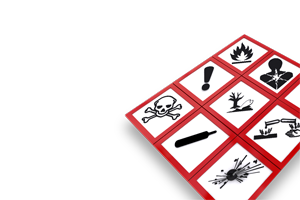This course provides the information necessary, including applicable regulations, for workers who use or are near sources of ionizing radiation. The course begins with a review of radiation fundamentals and the properties of ionizing radiation. It then discusses the biological effects of radiation exposure in humans, the principles of radiation protection and how workers can protect themselves, and the operating principles of radiation detection instrumentation. The course concludes with a succinct overview of the radioactive materials regulations, information on radioactive waste management, and the appropriate responses to various radiation emergencies.
Language Availability: English
Suggested Audiences: Administrators, Faculty, Nurses, Physicians, Researchers, Staff, Students, Technicians, Technologists
Organizational Subscription Price: $675 per year/per site for government and non-profit organizations; $750 per year/per site for for-profit organizations
Independent Learner Price: $99 per person







